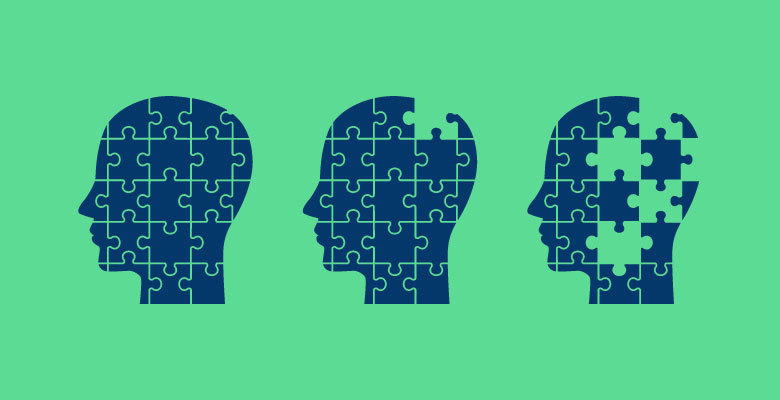Changing our thinking about Dementia


By Dr Cecilia Chan
Gerontologist, Dementia advocate & activist
I have earned a reputation for being an eccentric weirdo who likes to be with “crazy people” or “stupid people”. I understand that some of my views and my choice of path can be somewhat unconventional. I find myself immersed in a situation most will avoid. I happen to spend a lot of my time with people who are living with dementia. It may surprise everyone that at times these people inspire me and even teach me about life. Let me share my recent experience. I was complaining to a gentleman, living with dementia ( let’s call him Mike) about the hot weather that it had not rained in days, and how uncomfortable I was in this unbearable heat. Mike is living with Lewy Body and also Parkinson’s. After all my non-stop complaining about the weather, Mike smiled at me so gently, with such compassion. He said it will not last. After a short pause, he added, “ The world is so big, I am sure it is raining now in some part of the world.” I was deeply humbled. Nothing lasts forever, this is the reality of life. Sometimes it gets hot, somewhere out there it is cold, and in some places, it is raining. Does complaining help? This is the nugget of wisdom from Mike whom we often label as crazy and stupid.
When rationality doesn’t control or rule our interaction, it can be pretty relaxing and can allow us to see the nature of human relationships in a fresh new way. From that place, we can enjoy being with other human beings and connecting with them without worrying about logic, correct interpretation, and being judged. When we can learn to relax and be open to the present instead of insisting that the situation must conform to our preference, we may experience an experience that is authentic and not coerced or pretentious ( unfortunately we normalize pretentiousness).
Often people who are living with dementia are missing people, forgotten and denied by a society that values independence, productivity, and youthfulness, and shuns away from vulnerability. Yet, we as humans as a species evolved to be social. We have an innate, biologically driven ability to develop and form interpersonal connections. The COVID-19 period of on and off lockdowns, restrictions, and social isolation has made it abundantly clear that we are not meant to be alone. Nothing has highlighted the importance of social connections more than the COVID-19 pandemic has.
Yet, those living with dementia continue to live in isolation.
Living in an age where autonomy and agency are so highly valued, there are questions that we urgently need to ask: Who matters? Why do some people matter more than others? What is it to be human? What happens when someone is unable to articulate in ways we are comfortable with?
Einstein said something interesting that I would like to quote, he said, “The world as we have created it is a process of our thinking. It cannot be changed without changing our thinking.”
Maybe it is time for us to shift our thinking.


